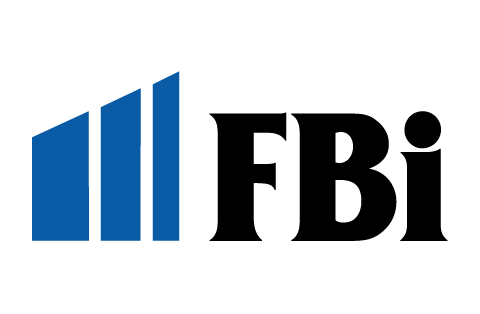Food safety is truly an issue that affects every American citizen. Foods could be used as vehicles or carriers to deliver infectious agents or toxins in a terrorist attack.
Intentionally or accidentally adulterated foods, likewise, could have extremely detrimental effects on our population. Certain drugs, additives, pesticides or medications, if improperly used, could potentially sicken or kill thousands of people.
In 2008, infant formula fed to babies in China was found to contain a chemical called melamine, which had been added to milk powder to boost the quantitative protein analysis. Consumption of contaminated formula sickened and killed Chinese infants.
As recently as last month, many Chinese dairy production units were reported to have lost their milk permits on the basis of melamine contamination. Reportedly, there is abundant melamine-contaminated milk powder that remains in storage.
In light of recent radiation contamination in Japan, importation of dairy products has been curtailed from that country. This ban will not be effective if unlabeled products are routed through other world markets, as unlabeled milk protein concentrates for example.
Such products could pass freely through the Mexican border and could ultimately wind up in this country for consumption by American consumers. The idea of importing any unlabeled dairy (or beef) products from Japan is also troubling because of their ongoing problems with bovine spongiform encephalopathy (mad cow disease).
Tuberculosis, brucellosis, listeriosis, foot and mouth disease and many other disease-causing agents could potentially enter this country via improperly pasteurized or processed dairy products that were not handled or stored under optimum conditions in the country of origin or during transport.
This is very much a concern with unlabeled products. While processing facilities may be inspected, it is very unlikely that “on-farm inspections” could take place to assure sanitation methods or animal health and handling methods in the country of origin.
Currently it is estimated that imported dairy products and milk proteins account for 5 to 10 percent of domestic consumption. The amount of imported products entering the country varies with the price being paid to dairy producers here in this country.
When prices are high, imports flood into the market. When prices paid to U.S. producers are lower than world market prices, imports decline.
Certain imported milk-derived products, such as milk protein concentrates, caseinates and milk ingredients are not required to be labeled as to country of origin. Further, these unlabeled, imported products and proteins are frequently added to domestically produced raw milk in manufacturing and processing of various cheeses, yogurts and other dairy products, with no requirement for labeling of foreign components in the final product.
Currently the FDA Center for Veterinary Medicine is embarking on a testing program to determine if there is a link between cull cow carcass residues and milk residues from individual dairies that have had carcass residue violations in the past. Newer testing methods may allow for testing of certain substances down to the parts-per-trillion level, a range that is far lower than any existing industry standards for meat or milk.
It is important to note that there is no carcass surveillance or related information linked to imported dairy products. If the imported product or protein is not even labeled as to country of origin, any traceback of a problem to a particular farm would be almost impossible.
If a traceback ever became necessary, it would be a disaster for the American public and would destroy consumer confidence in all dairy products. The American dairy farmer must not be trapped in an overzealous regulatory scenario that simultaneously allows untested foreign imports to flow in, without even a “Country of Origin” label.
We believe that DHS, USDA and FDA should be working together to immediately curtail the practice of allowing the importation of non-COOL (Country of Origin Labeled) dairy products and dairy-based proteins, especially considering the fact that domestic production has historically been above domestic consumption levels, and extremely low prices to dairy producers are linked to surplus milk on the market.
A huge opportunity exists for DHS, USDA and FDA to limit potential food-borne risks from toxins, adulterants or biological agents, while at the same time, helping a domestic industry in distress. To address federal budgetary concerns, importers should bear all costs of compliance.
It would also be wise to demand that any dairy products or foods manufactured or processed in this country, utilizing any imported ingredients or components, be labeled accordingly. Labeling as to product origin should clearly inform consumers, not mislead them or confuse them.
American dairy producers have spent millions of advertising dollars promoting consumer confidence in our domestic dairy products. We urge DHS, USDA and FDA to ensure that American consumers be afforded the opportunity to make informed choices about which country’s dairy farmers will provide their family’s dairy products. PD



